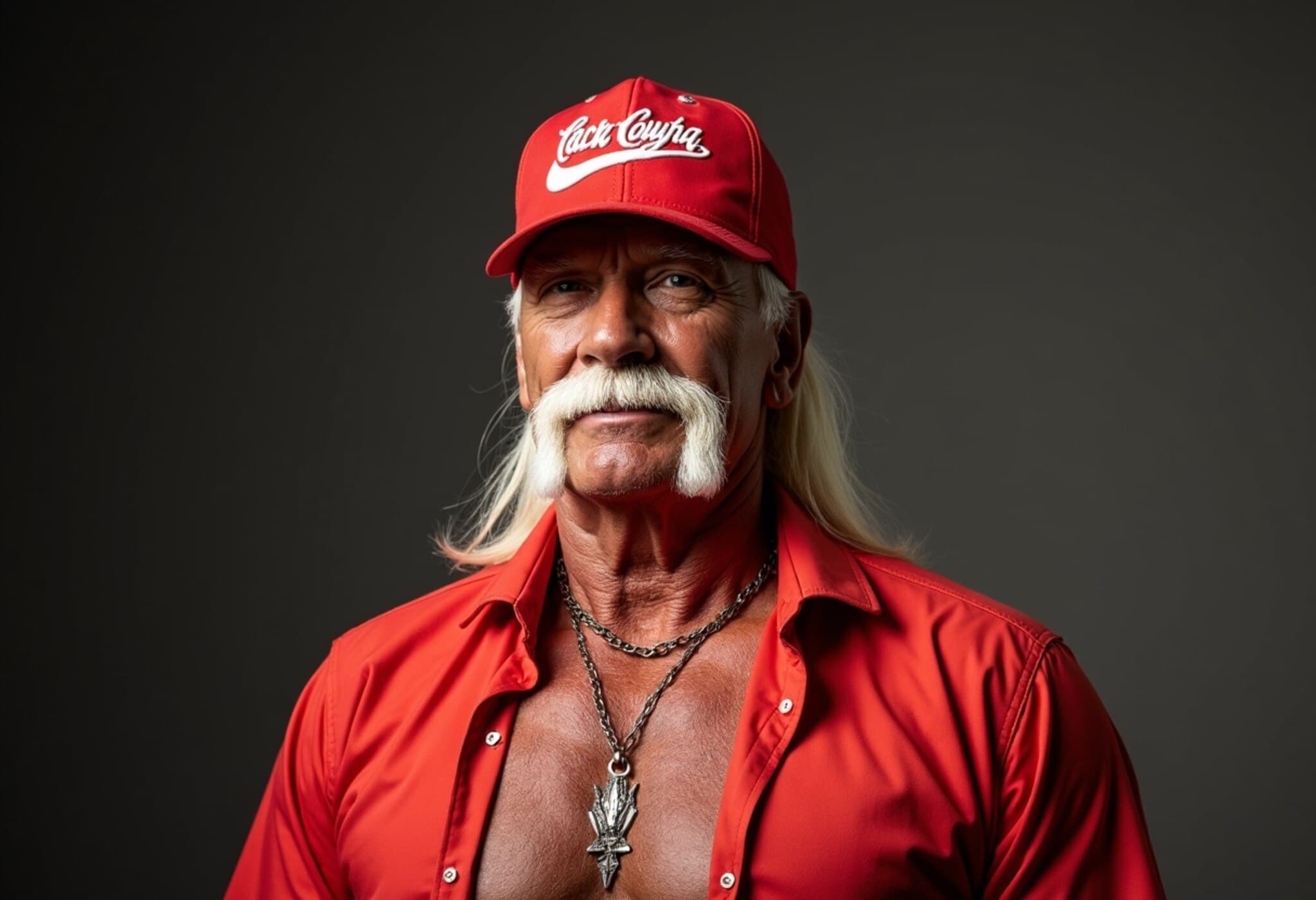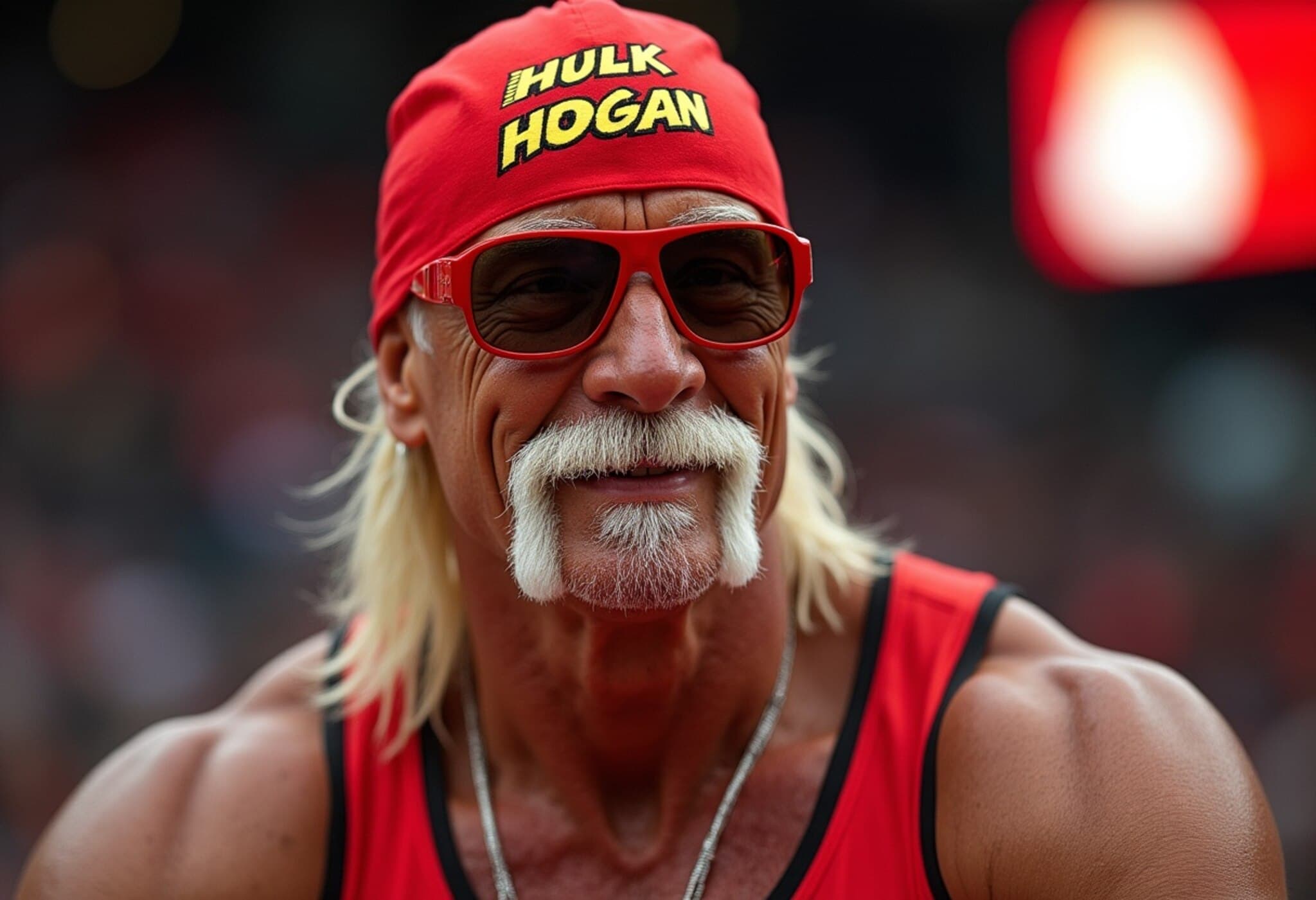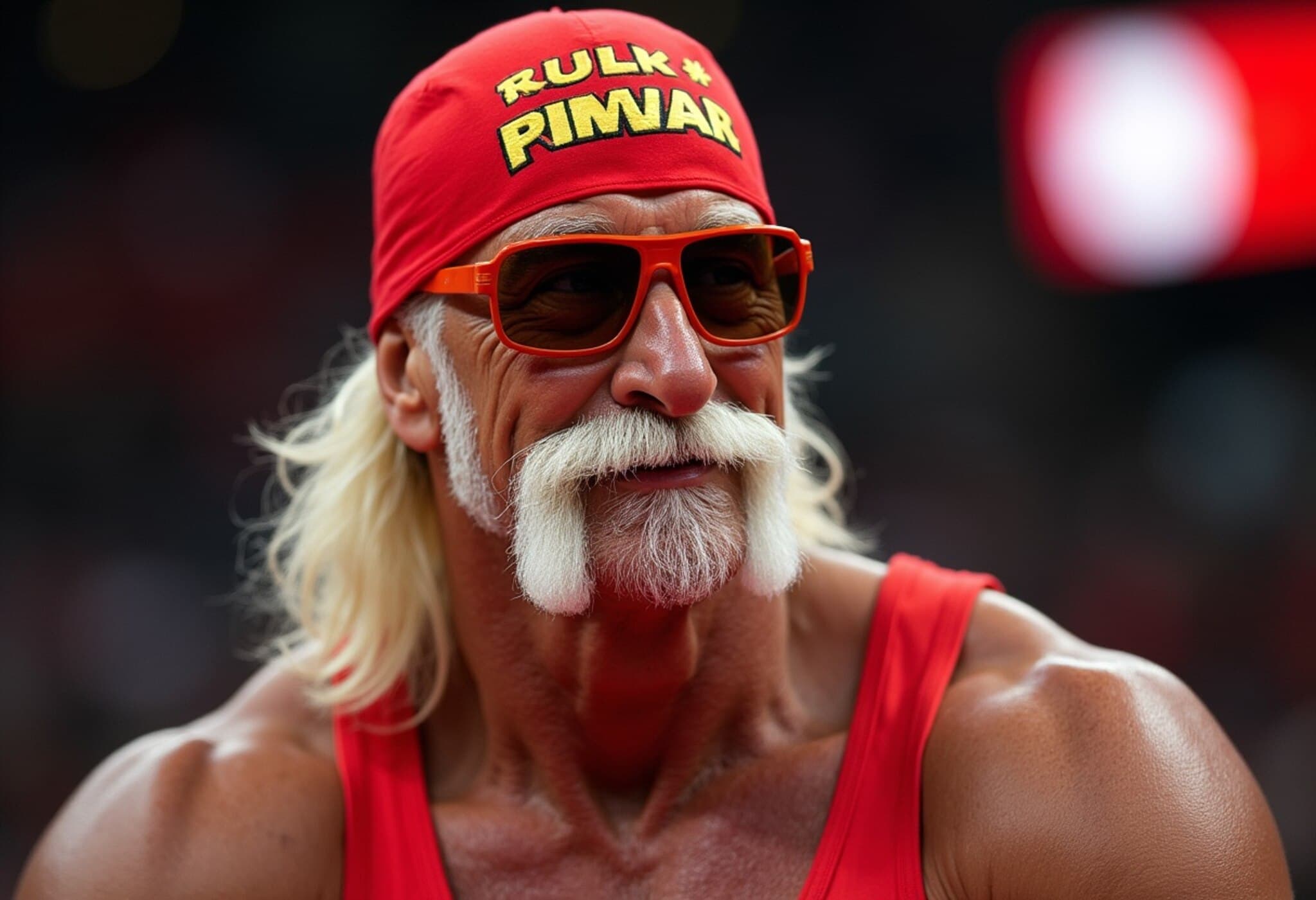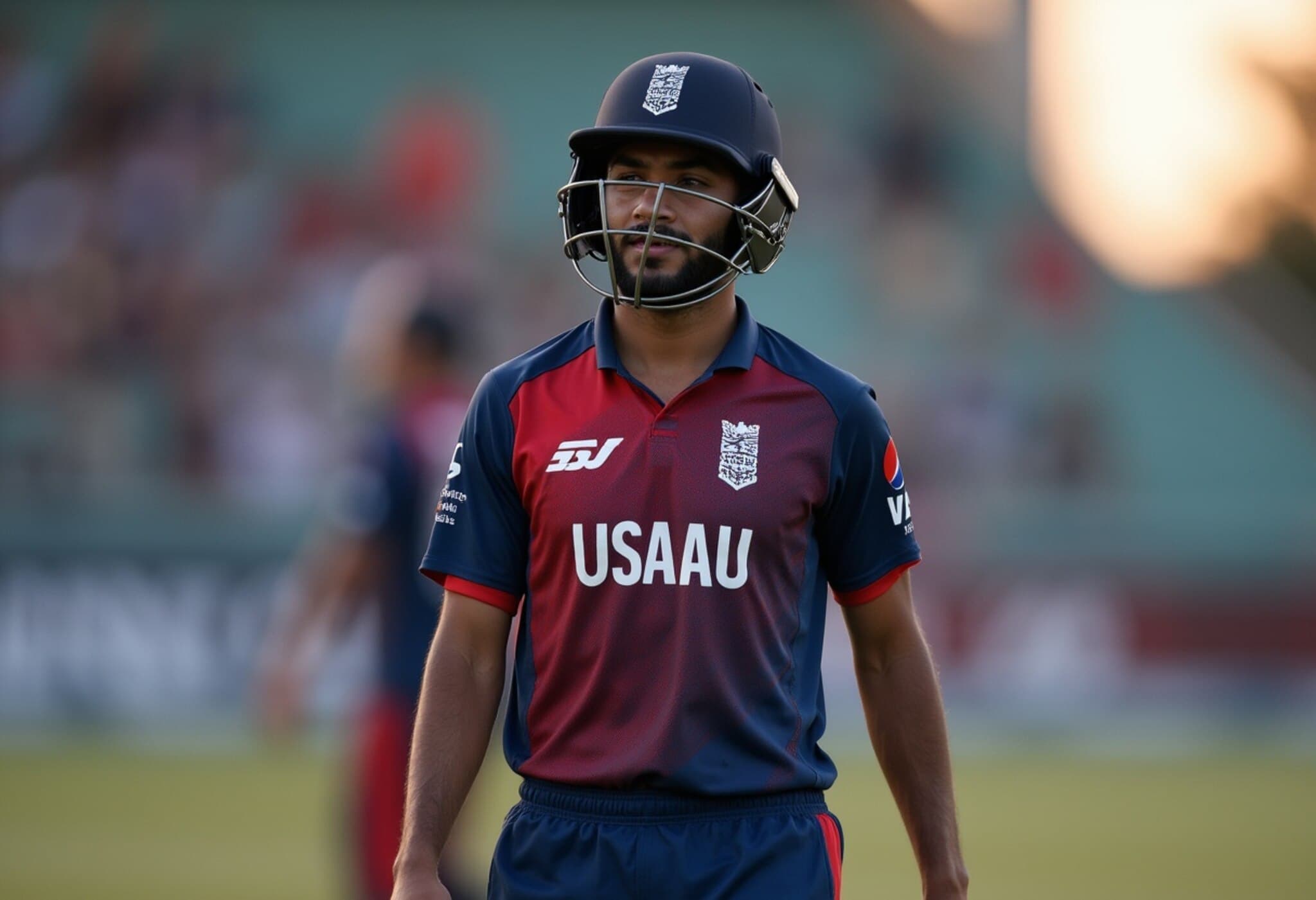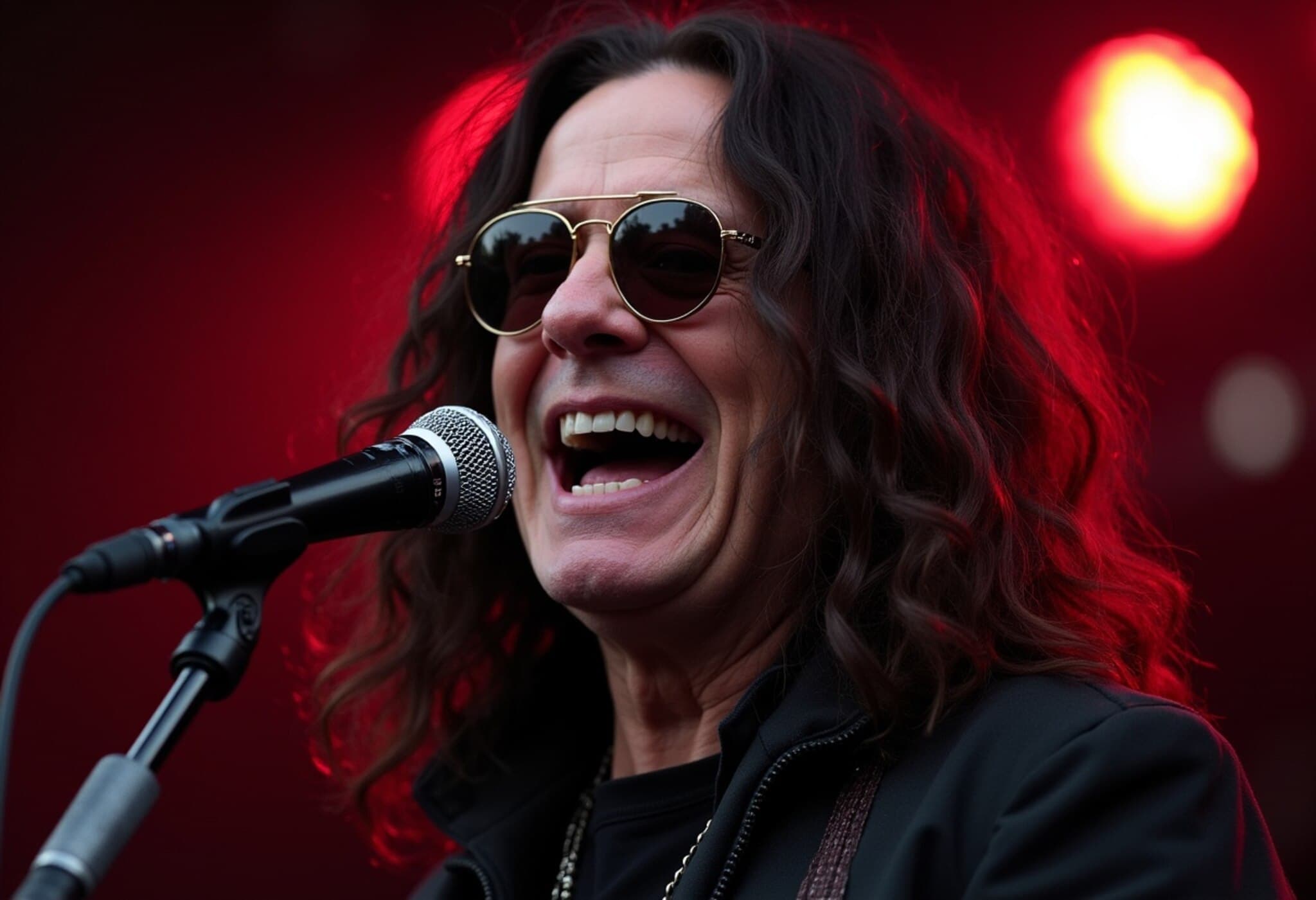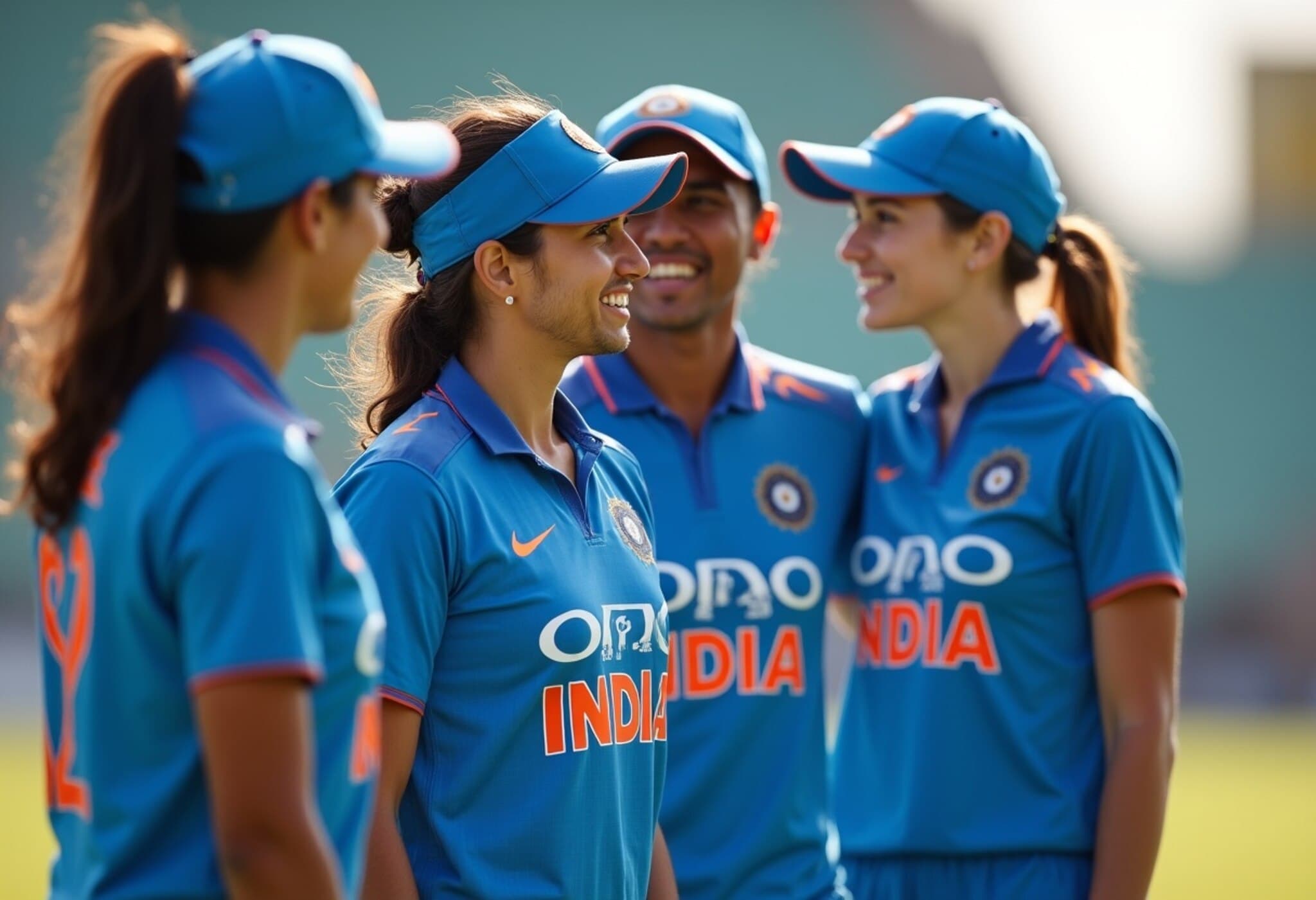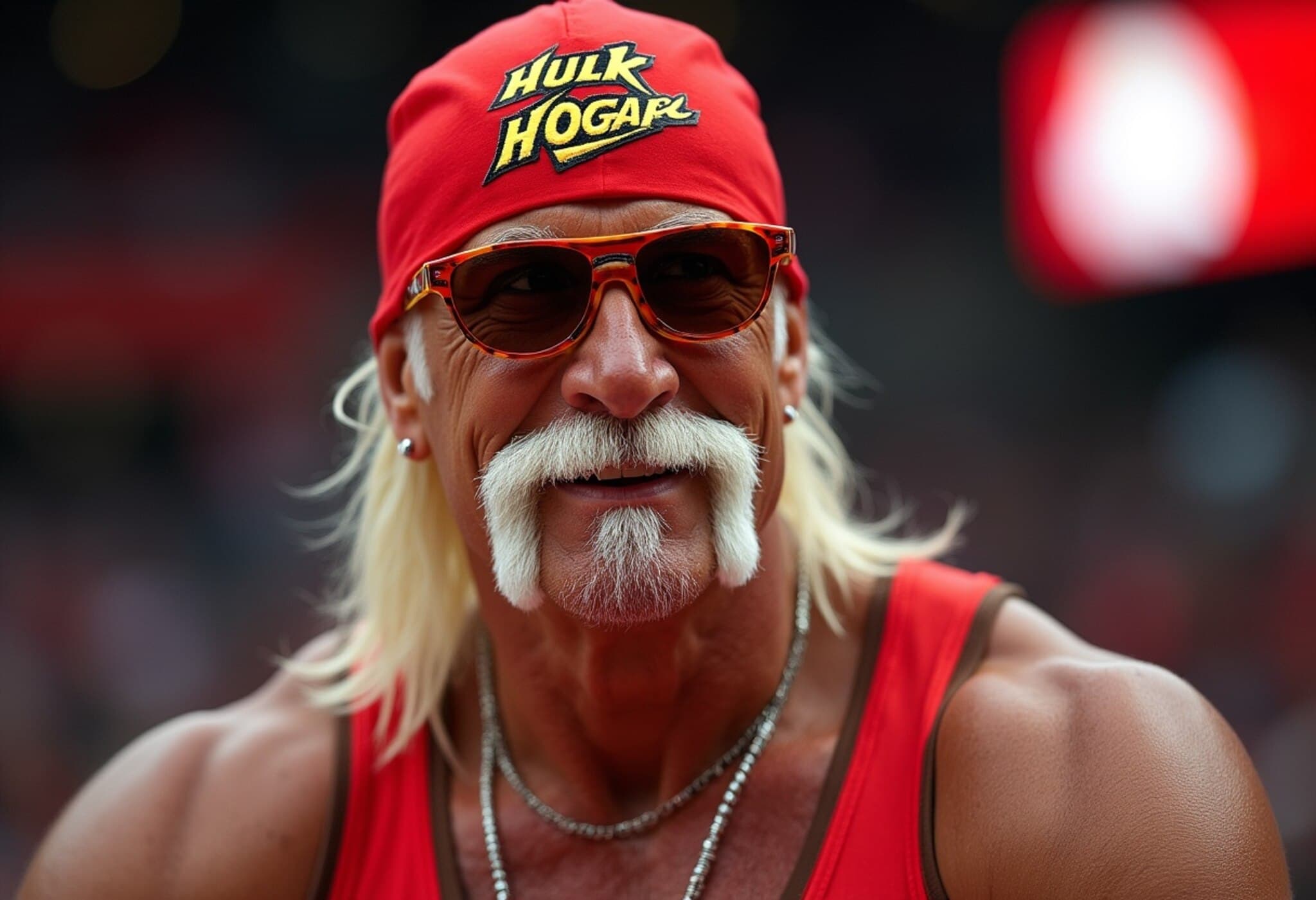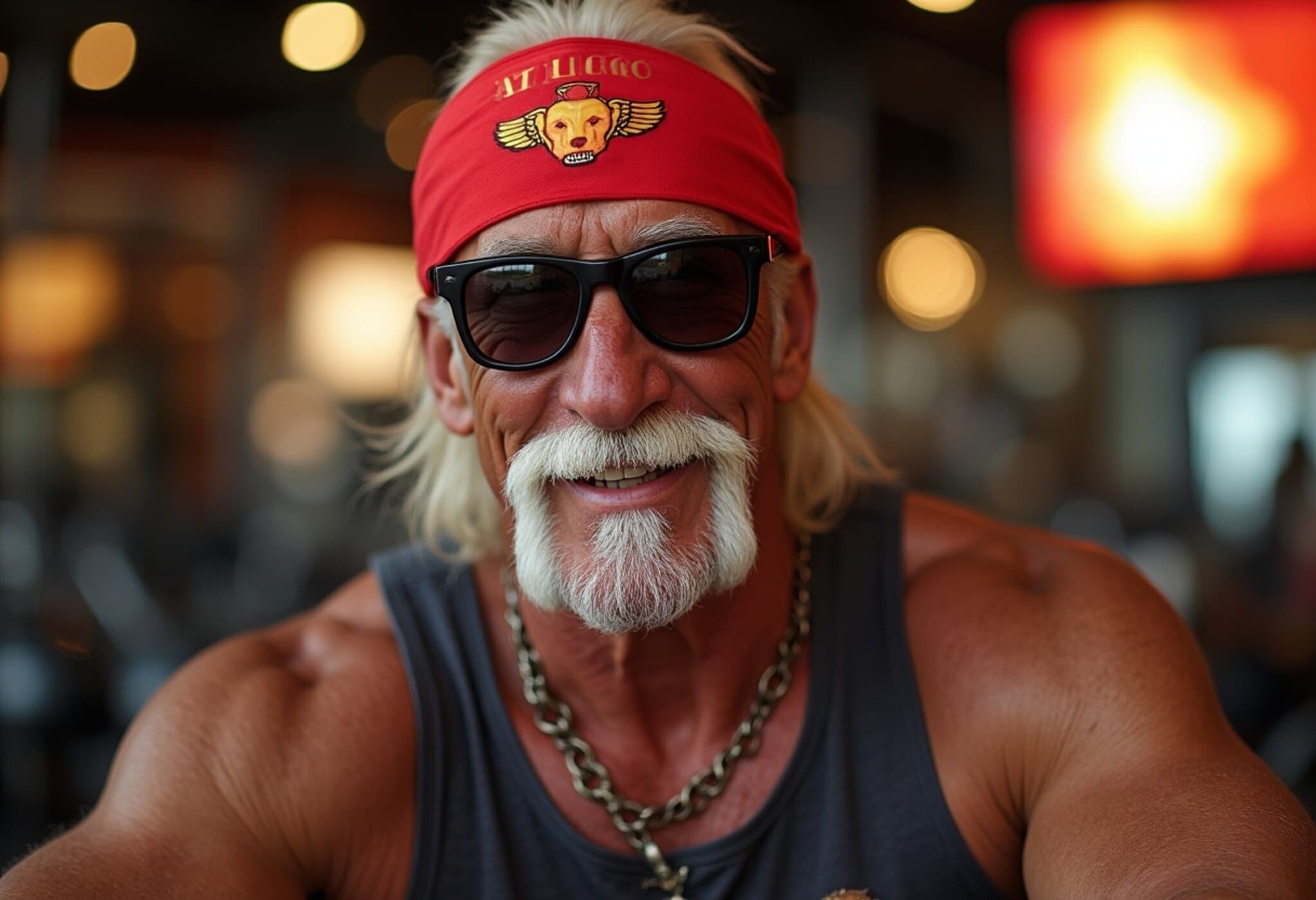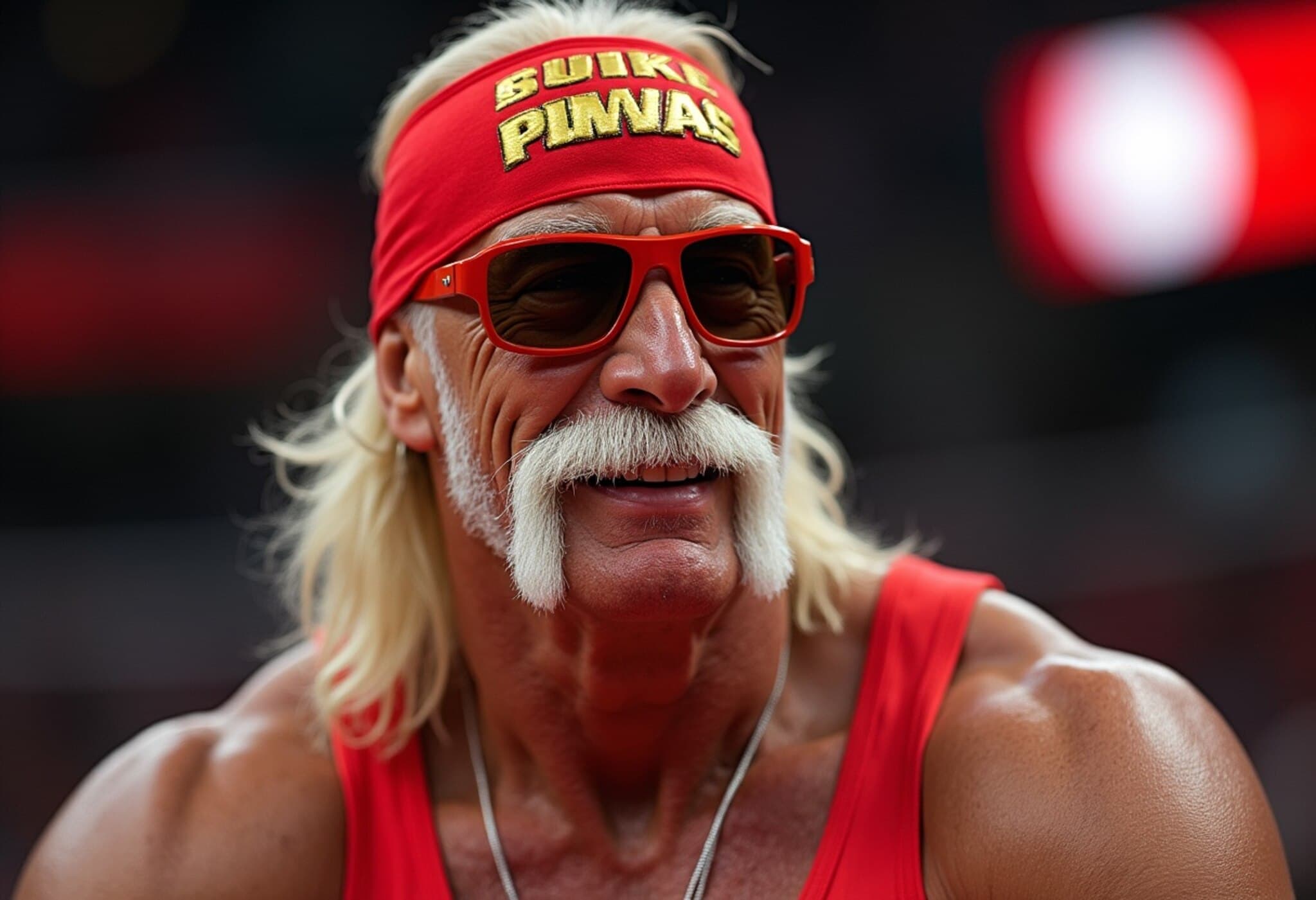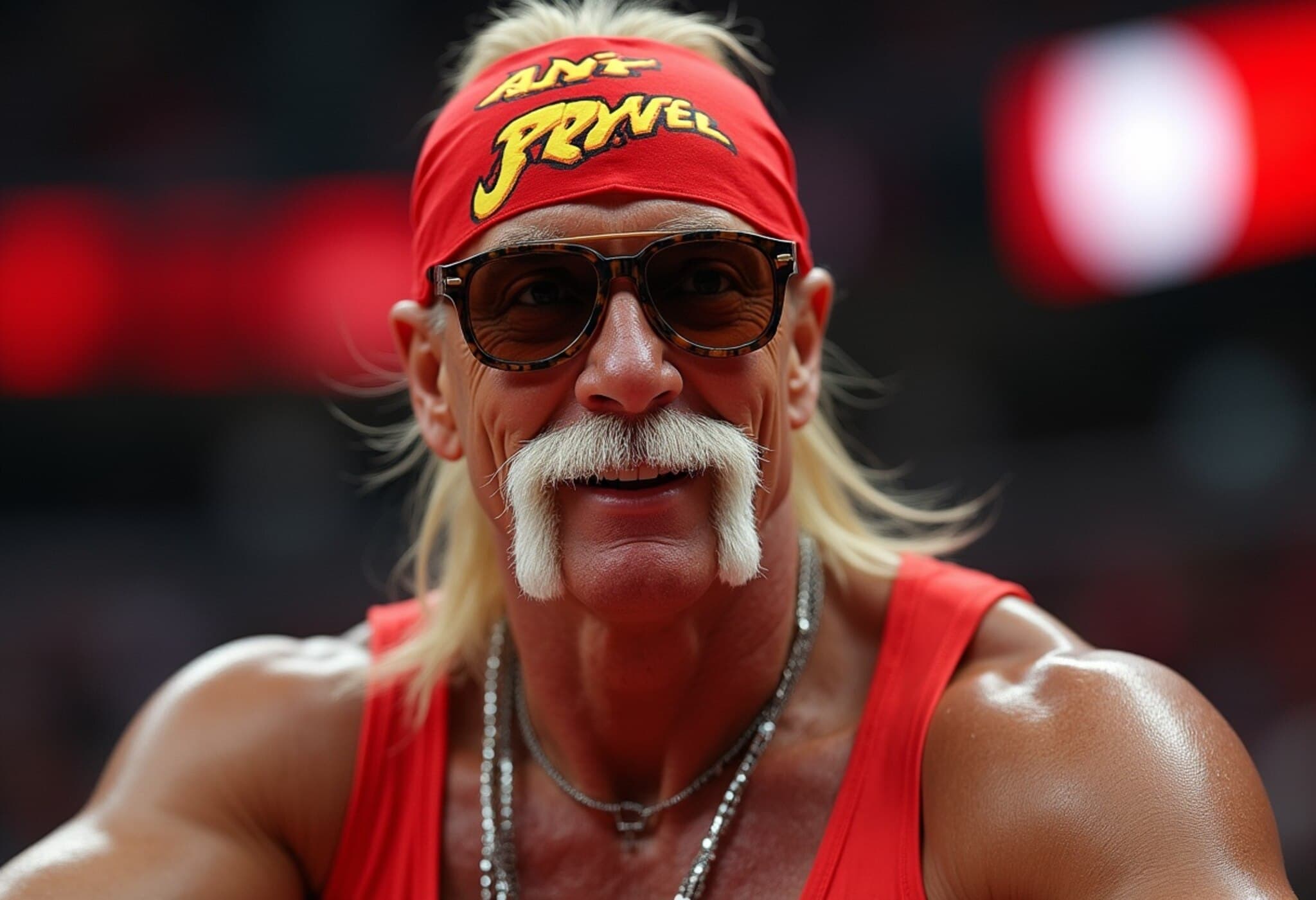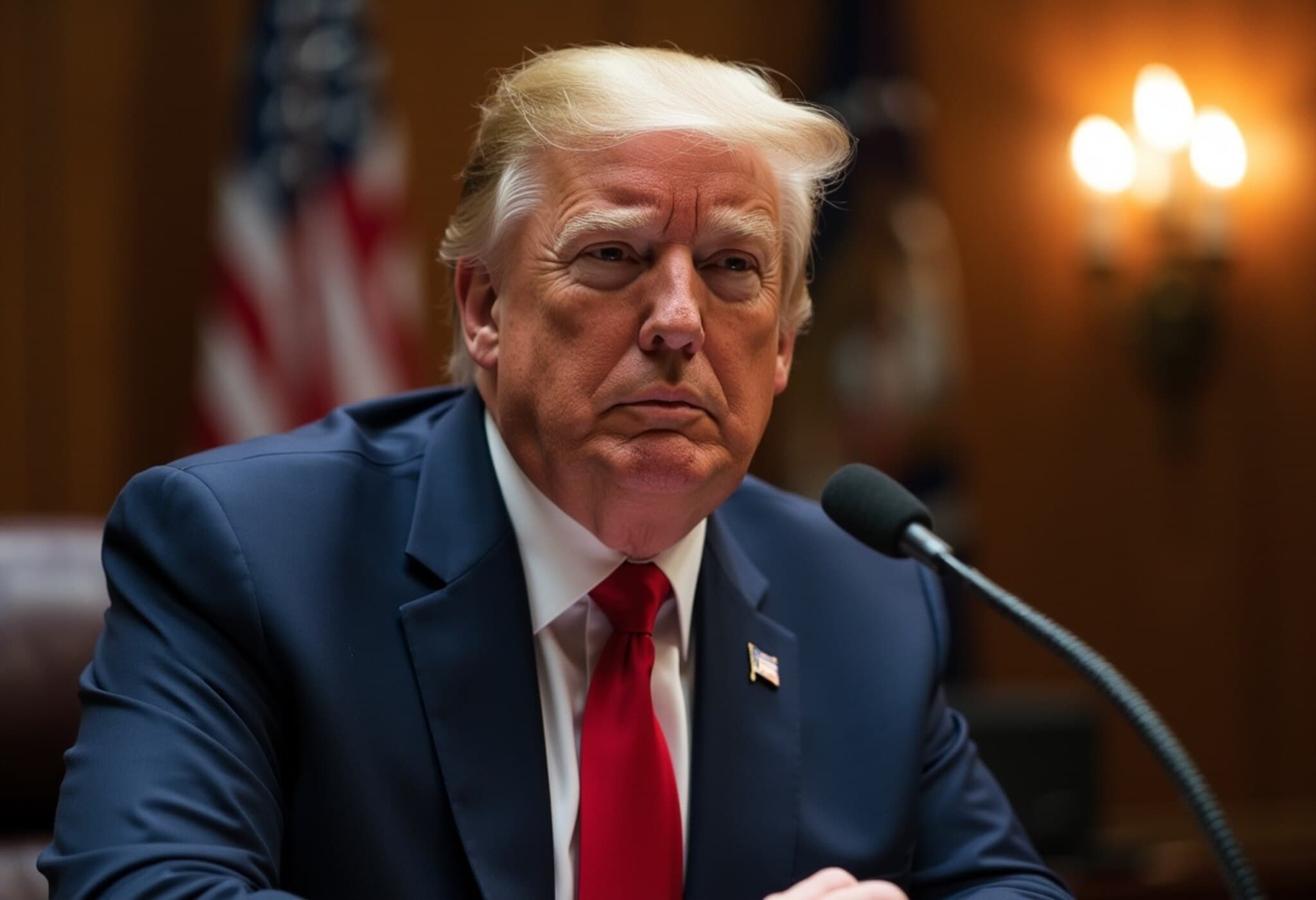Wrestling World Mourns the Loss of Hulk Hogan
Hulk Hogan, one of the most iconic figures in professional wrestling and pop culture, passed away at the age of 71 following a cardiac arrest. The legendary WWE star was found unresponsive at his home in Clearwater, Florida, early Thursday morning, prompting emergency responders to rush to his aid. Despite efforts to revive him, Hogan was pronounced dead on the scene.
WWE’s Tribute to a Trailblazer
World Wrestling Entertainment (WWE) released a heartfelt statement expressing their sorrow, calling Hogan “one of pop culture’s most recognizable figures” who played a pivotal role in making WWE a globally renowned entertainment powerhouse during the 1980s. WWE extended its deepest condolences to Hogan’s family, friends, and countless fans around the world.
"WWE is saddened to learn WWE Hall of Famer Hulk Hogan has passed away. Hulk helped WWE achieve global recognition in the 1980s. Our condolences go out to his family and fans," the WWE tweeted.
Remembering Hulk Hogan: More Than Just a Wrestler
Born Terry Bollea, Hulk Hogan transcended the wrestling ring to become a cultural phenomenon. His larger-than-life persona—with the signature bandana, handlebar mustache, and charismatic catchphrase "Whatcha gonna do, brother?"—captivated audiences and transformed professional wrestling from a niche sport into mainstream entertainment. Hogan’s appeal crossed generations, drawing family audiences and expanding WWE’s reach exponentially.
His career witnessed notable reinventions, most famously in 1996 when he took on the villainous “Hollywood Hulk Hogan” persona as part of the New World Order (NWO). This marked a turning point, showcasing his versatility and helping to intensify the fan-favorite “Monday Night Wars” that defined wrestling in the late 1990s.
Championships and Controversies
Hogan was inducted into the WWE Hall of Fame in 2005, a testament to his monumental impact on the industry. However, his journey was not without blemishes. In 2015, Hogan was temporarily removed from the Hall of Fame amid public backlash after racist remarks he made in a private, leaked recording surfaced. Hogan pursued legal action against the media outlet that published the tape, winning the lawsuit. By 2020, he was re-inducted, this time as part of the NWO faction, reaffirming his place in wrestling history.
Beyond the Ring: Hogan’s Media Ventures and Political Spotlight
Hogan’s fame extended well beyond wrestling. In the 1980s and 1990s, he lent his charisma to Hollywood films like Rocky III (as "Thunderlips"), No Holds Barred, and Suburban Commando. He also became a reality TV star through VH1’s Hogan Knows Best, which followed his family life and endeared him to a broader audience.
In a surprising political crossover, Hogan attracted media attention in 2024 when he appeared at the Republican National Convention, applying his vibrant personality to an entirely different stage and sparking conversations about the intersection of celebrity and politics.
Contextual Insight: Hogan’s Enduring Legacy in American Pop Culture
Hulk Hogan’s death symbolizes the passing of an era that saw wrestling evolve into a mainstream cultural force. In the American entertainment landscape, Hogan was a catalyst who brought athleticism, drama, and character-driven narratives to households nationwide.
His trajectory—from a beloved hero to a controversial figure and back to redemption—mirrors broader social conversations about accountability, forgiveness, and legacy. For analysts and fans alike, Hogan’s story encourages reflection on how public figures influence cultural norms and how society balances admiration with critical scrutiny.
Unanswered Questions and The Road Ahead
- How will WWE and the wrestling community commemorate Hogan’s complex legacy moving forward?
- What does Hogan’s political engagement signal about the growing role of entertainers in America’s political discourse?
- In what ways can Hogan’s life story serve as a lesson for emerging athletes balancing fame and personal conduct?
Editor’s Note
Hulk Hogan was not just a wrestler; he was a symbol of wrestling’s golden era, embodying the blend of charisma and athleticism that transformed entertainment worldwide. His passing invites us to appreciate the power of media in shaping cultural icons while also confronting the complexities of those legacies. As fans and commentators look back, it becomes clear that Hogan’s imprint on American pop culture is as sizeable as his wrestling persona.

